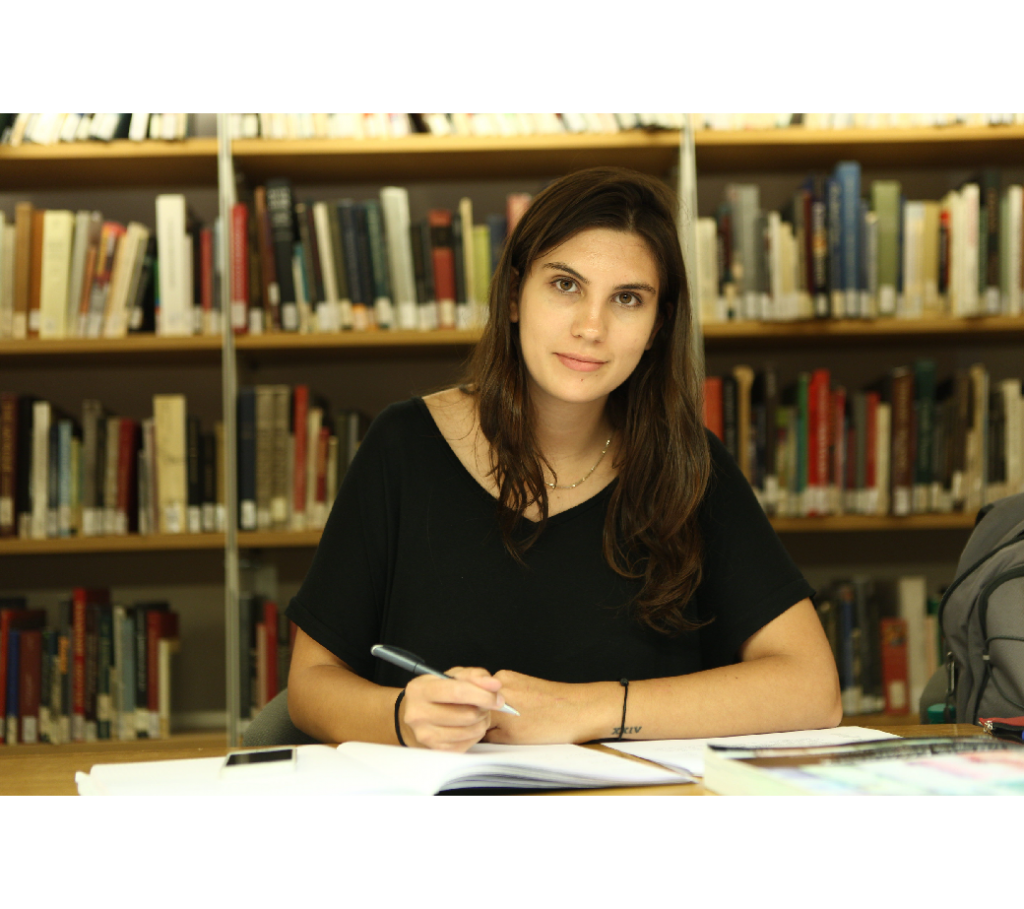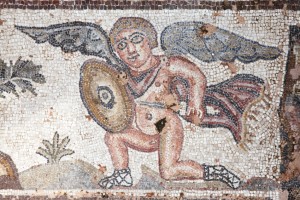

Have you ever wondered how museums were born? Do you know what a Curator is? Have you ever dreamed of creating an art exhibition? Professor Ilaria Gianni addresses these questions in her amazing Curating Museums and Galleries course , which is part of the Art History program at John Cabot University.
Let me tell you all about this course. In the first part, we learned about the historical development of museums from the Renaissance Studioli, and the early stages of museum financing and management.
We then applied the history to the museums and galleries we visited in Rome, from the MAXXI to two fascinating galleries belonging to the artists Federica Schiavo and Lorcan O’Neill. I was struck by the many details that a museum has to manage and which affect the overall quality of an exhibition. For example, think of the MAXXI ‘s circular walls: how can it hang gigantic contemporary works of art on its circular walls?
What helped make this course come to life was also the discussion of the many world- class figures that have helped shape the art world. For example, do you know who Harald Szeeman is? He is considered the first modern Curator. He redefined the idea of this profession in 1972 when he curated Documenta 5 in Kassel, a major international art exhibition.
 The final part of the course is devoted to understanding how to create an exhibition, including how to make a proposal, raise funds, organize logistics, and liaise with artists. We then created our own exhibition! I was in a group of three, with Andrea and Cristiana. Our exhibition, entitled Reversing Entropy, included eight works by four video artists based in Rome. We chose the works, talked to the artists, made a proposal, created a brochure and finally showed our works as curators at the final show.
The final part of the course is devoted to understanding how to create an exhibition, including how to make a proposal, raise funds, organize logistics, and liaise with artists. We then created our own exhibition! I was in a group of three, with Andrea and Cristiana. Our exhibition, entitled Reversing Entropy, included eight works by four video artists based in Rome. We chose the works, talked to the artists, made a proposal, created a brochure and finally showed our works as curators at the final show.
This course is not meant only for Art History majors. In fact, it combines elements of Art History, Business and Communication. It’s an amazing opportunity John Cabot University and professor Gianni make available to students. Don’t miss it!




